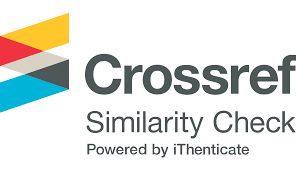PERAN RELIGIUSITAS TERHADAP REGULASI EMOSI PADA KOMUNITAS HIJRAH
Abstract
Hijrah is a changing the one self of a person, from a bad to be a better person. This study aims to examine the role of religiosity on emotional regulation in the hijrah community.The subject in this research are the ikhwan and akhwat in hijrah community “X” with the total of 100 respondents. The measuring instrument used in this study is the religiosity scale and emotional regulation scale. This study used quantitative methods and for the sampling the researcher used incidental sampling techniques.The method used for the data analysis is a simple regression analysis and an additional age and gender analysis using the cross tabulation analysis (crosstab) with the help of SPSS 21.0. The results of data analysis showed a regression coefficient of 0.379 with a value of p = 0,000 (p <0.01), indicating that the hypothesis proposed in this study was accepted, that there was a significant positive role between religiosity towards emotional regulation in ikhwan and akhwat in the hijrah community. The result of the additional analysis using crosstab shows that the most dominant age of the subject are between 20 to 25 years old and the most dominant gender is akhwat. Effective contribution of religiosity towards emotional regulation is 0,144 or 14,4% and the rest is 85.6% influenced by others factors that is gender, age, culture and education.















